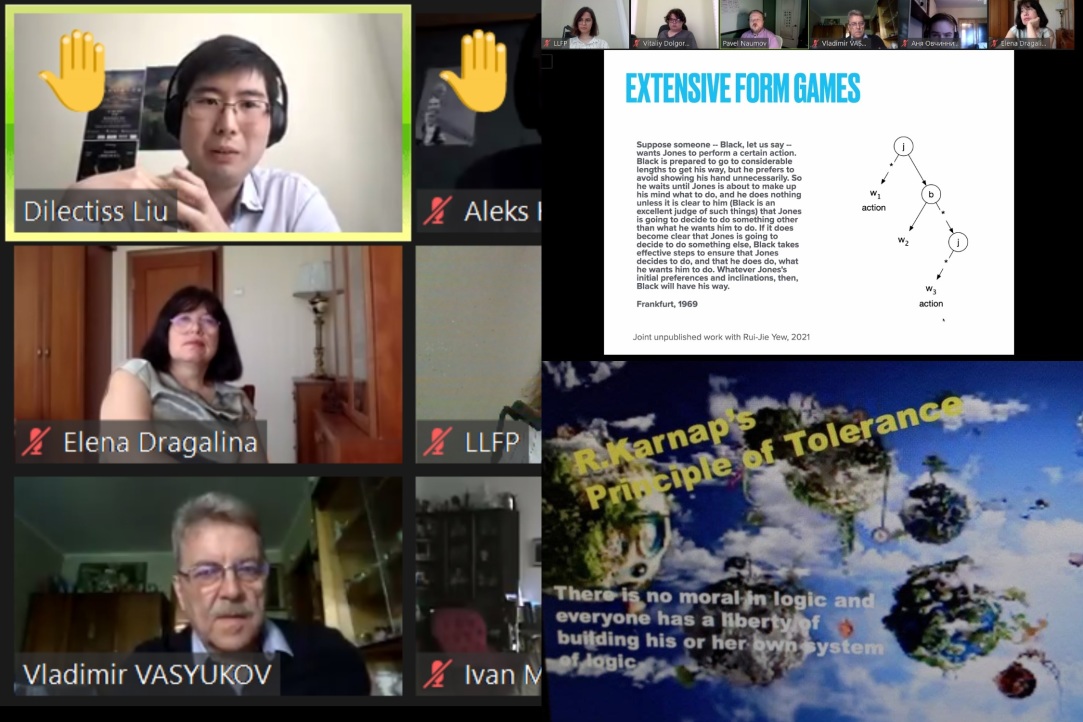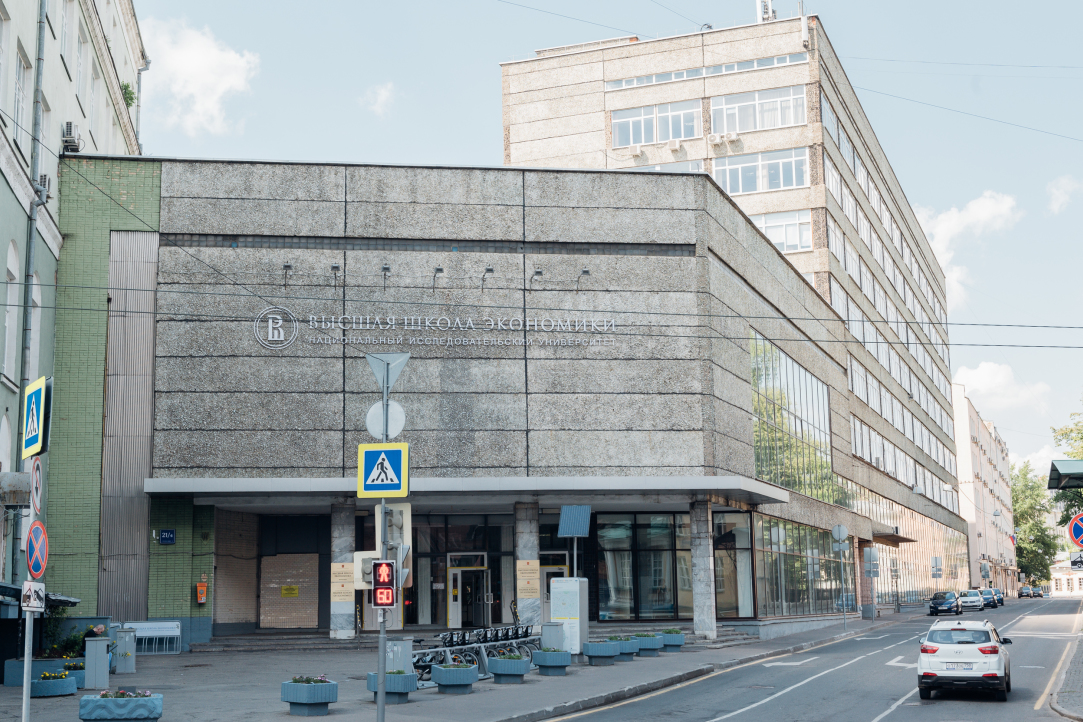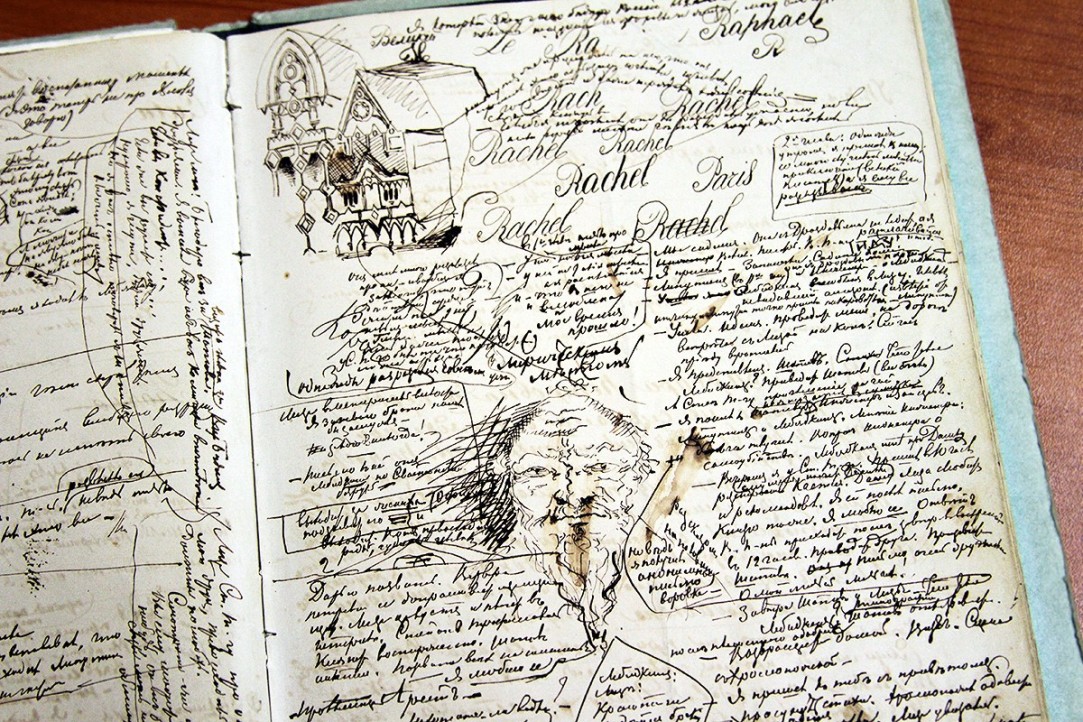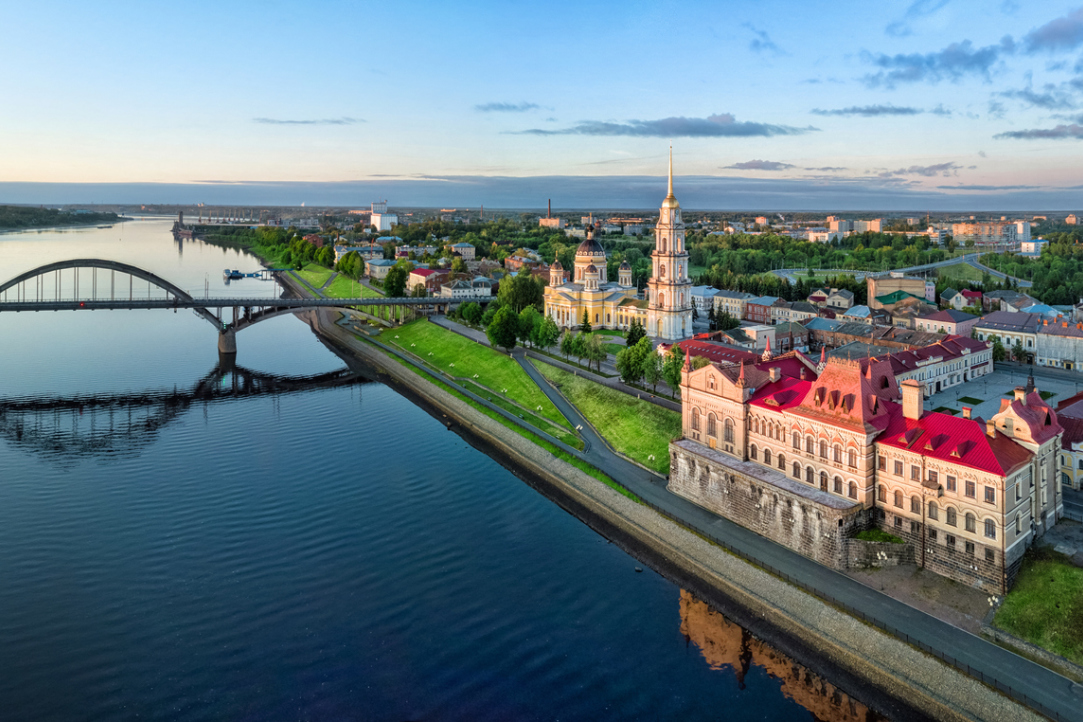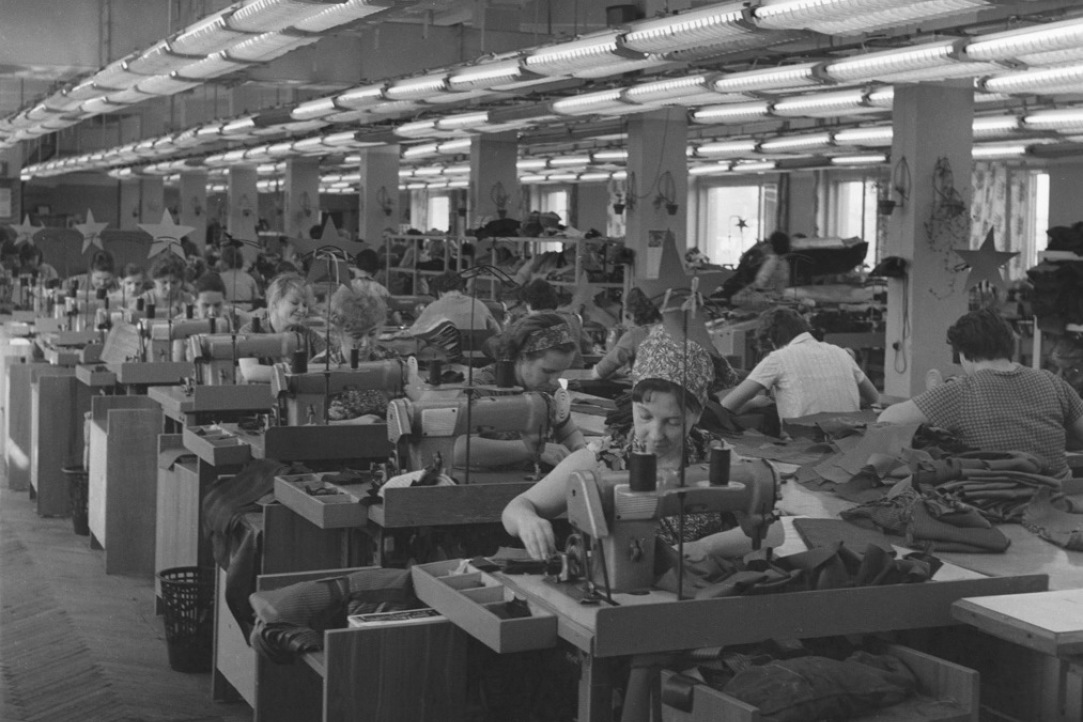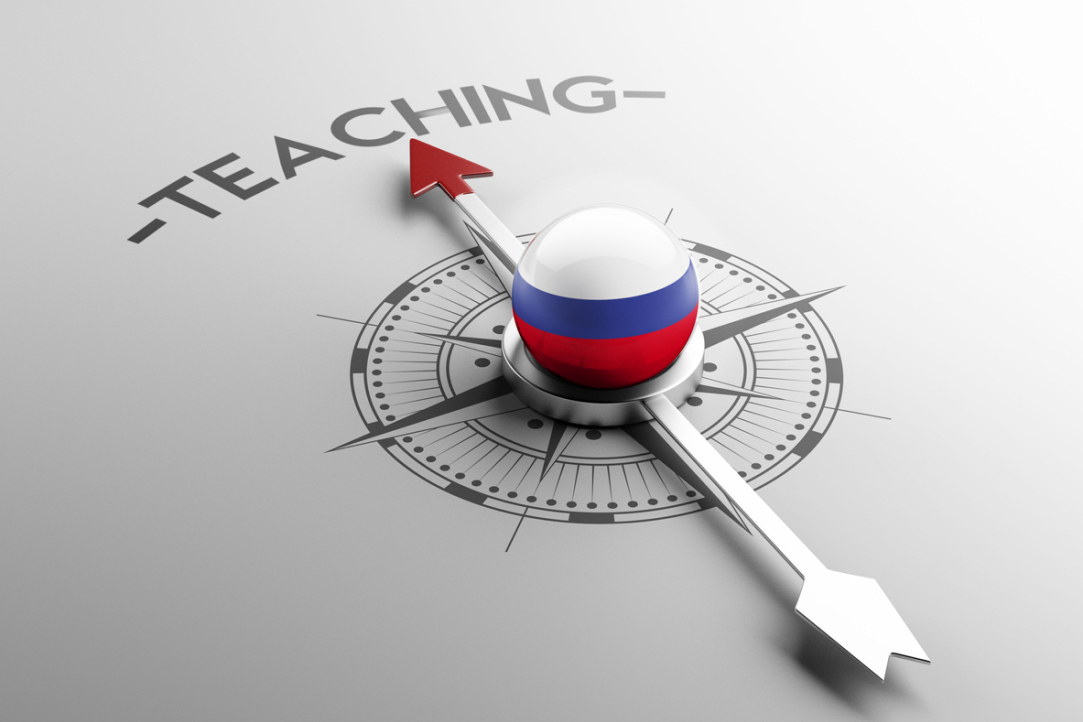Less than a year ago, the Faculty of Humanities at HSE University launched four large-scale projects, bringing together representatives of different disciplines from different departments and campuses of the University. Their goals, content, staffing and expected results were presented at a meeting of the Rector’s Council. Other departments have been tasked with developing their own large-scale projects, which HSE University will be able to include in its application for the ‘Priority 2030’ programme.
